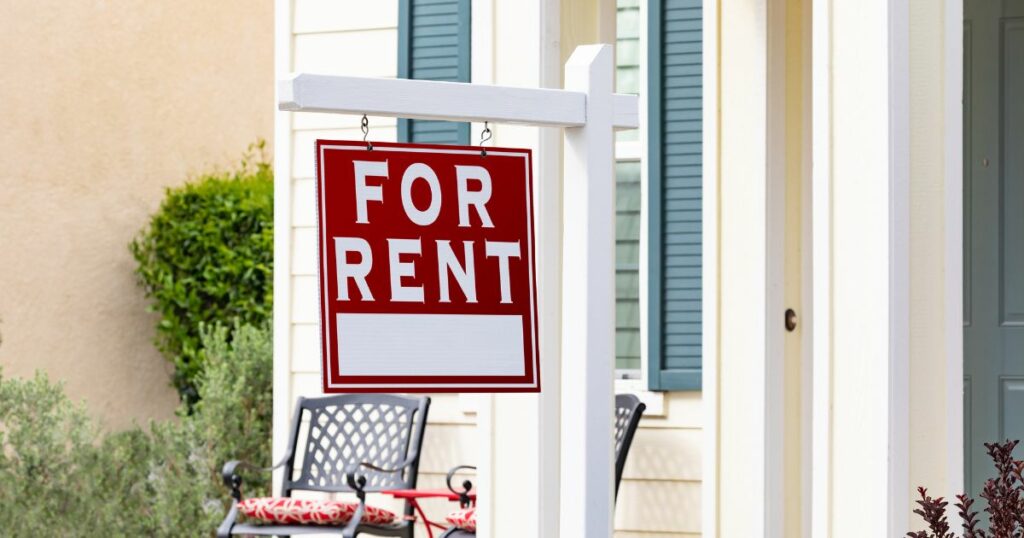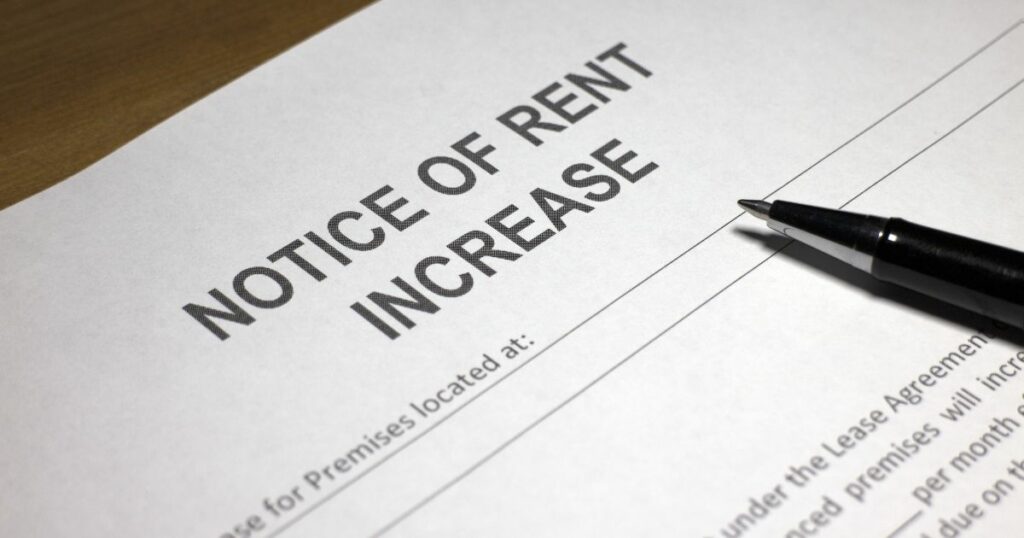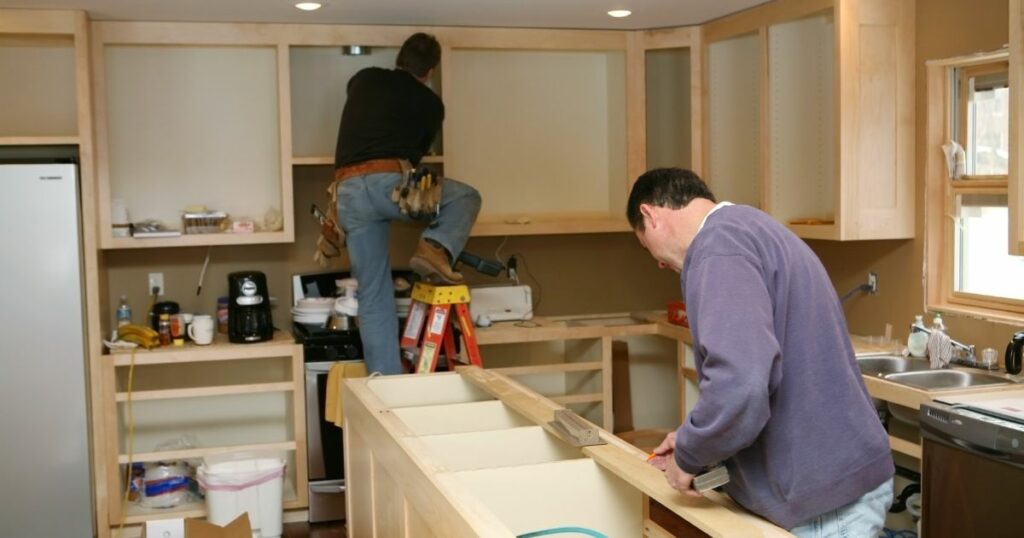From Rental Roadblocks to Multi-generational Residences: Navigating Modern Housing Dilemmas
An in-depth exploration of today’s housing challenges, examining the pain points renters face, the socio-cultural divide between homeowners and renters, and the emerging trend of multi-generational living. Highlighting potential solutions and initiatives that seek to make homeownership more attainable for today’s young adults.

10 Pain Points Renters Face in Today’s Housing Landscape
Every life decision comes with unique challenges, and choosing to rent a home is no exception. While renting provides flexibility and freedom, it also comes with a host of pain points that renters often encounter.
1. The Sky-High Cost of Rent
The most significant pain point renters face is the daunting cost of rent, particularly in urban areas. This often translates into a substantial chunk of monthly income, leaving little room for other necessary expenses such as food, transportation, and healthcare. Keeping up with the rising costs can prove challenging and stressful for renters, making it difficult to maintain financial stability.

2. Yearly Rent Increases
Closely tied to the high cost of rent is the annual hike in rental prices. In most cases, tenants’ incomes do not increase proportionally, creating an ever-widening gap that can strain their finances. Budgeting becomes a constant game of adaptation and compromise, further complicating the financial aspect of renting.
3. The Dreaded Security Deposit
Before moving in, renters are typically required to put down a security deposit—often equivalent to one or two months’ rent. This substantial upfront cost can be a burden, particularly for those just starting out or living paycheck-to-paycheck.

4. Restricted Customization
Everyone wants to create a living space that feels like home. Unfortunately for renters, options for customization are usually limited. Most landlords prohibit tenants from making significant modifications such as painting walls or changing fixtures, reducing the renter’s ability to personalize their home. Dealing with outdated kitchen cabinets, countertops, and aging appliances can dampen the mood.
5. Maintenance Hassles
One of the touted benefits of renting is that landlords shoulder the responsibility for maintenance. However, getting them to address these issues promptly can sometimes feel like pulling teeth. From leaking faucets to malfunctioning heating systems, renters often face prolonged discomfort due to delayed maintenance.

6. Unstable Tenure
Rental agreements inherently lack stability. Landlords may decide not to renew leases, sell the property, or increase rent beyond affordability, leaving tenants in a constant state of uncertainty about their living situation.

7. Pet Restrictions
For pet owners, finding a pet-friendly rental can be akin to searching for a needle in a haystack. Many landlords enforce strict no-pet policies, while others require additional security deposits or fees for pet owners, creating another hurdle for those wishing to share their home with furry friends.
8. Scarcity of Amenities
Not all rental properties come equipped with essential amenities like washers, dryers, dishwashers, or dedicated parking spaces. Renters might have to shell out extra money for laundromats, or parking permits, adding to the hidden costs of renting.
9. Neighbor Issues and Noise
Living in close quarters with others brings its set of challenges. Noisy neighbors, disruptive construction, or even bothersome odors can significantly impact renters’ quality of life. With limited recourse in many situations, this remains a common pain point for those renting.

10. Moving Costs and Hassles
Renters move more frequently than homeowners, leading to recurring moving expenses. The process of relocating involves numerous costs, including hiring movers, buying packing supplies, and potentially missing work. Moreover, finding a new place can be a time-consuming and stressful endeavor.
Despite these pain points, millions choose to rent their homes for reasons ranging from financial realities to the need for flexibility.

Home Ownership vs. Renting: The Growing Social Chasm
The distinction between homeowners and renters in many societies has historically been more than just a matter of property ownership. Increasingly, there’s a troubling socio-cultural aspect to this divide, wherein renters are sometimes perceived and treated as second-class citizens by homeowners. This disparity is not just limited to financial differences but also biases, stereotypes, and prejudices that can greatly influence a renter’s overall living experience. Such treatment can manifest in various ways, from exclusion from community decisions, discrimination in shared community resources, or being subjected to disdainful attitudes. It’s crucial to address this rising concern as it deepens societal divides and hinders the creation of cohesive, harmonious communities. Regardless of their housing status, everyone deserves respect, inclusion, and a sense of belonging.

Today’s escalating housing prices have restricted young adults’ opportunities to amass wealth through property.
In 1960, 54% of Californians aged 30 to 34 owned homes; today, that figure stands at roughly one-third. Prioritizing homeownership for the younger generation is essential for both housing stability and nurturing future equity. Building more homes, especially affordable ones targeting homeownership, is a vital step towards this goal. To assist first-time buyers, initiatives like the “The California Dream for All” program have been proposed to aid with down payments.

The Rise of Multi-Generational Living: Making Homeownership Memorable and Manageable
For many, the path to homeownership seems like a distant and unattainable dream. As a result, there’s a rising trend of multi-generational households where families are merging homes to pool their resources. By combining incomes, families can qualify for more expansive residences that cater to everyone’s needs. Such arrangements often lead to adults looking after their elderly parents, while grandparents, in turn, offer the invaluable service of live-in childcare. This cohesive living not only eases daily challenges but also enriches lives by fostering deeper bonds, ensuring every moment spent together becomes a cherished memory.

Renting vs. Buying a Home: A Personal and Financial Journey to Making the Best Choice
Renting may be the ideal solution for some, while for others, owning a home can be a key step towards building wealth. If you’re keen on exploring the journey to home ownership, I’m here to provide guidance. Please don’t hesitate to contact me. I’m eager to sit with you, delve into your individual circumstances, and offer informed recommendations.





